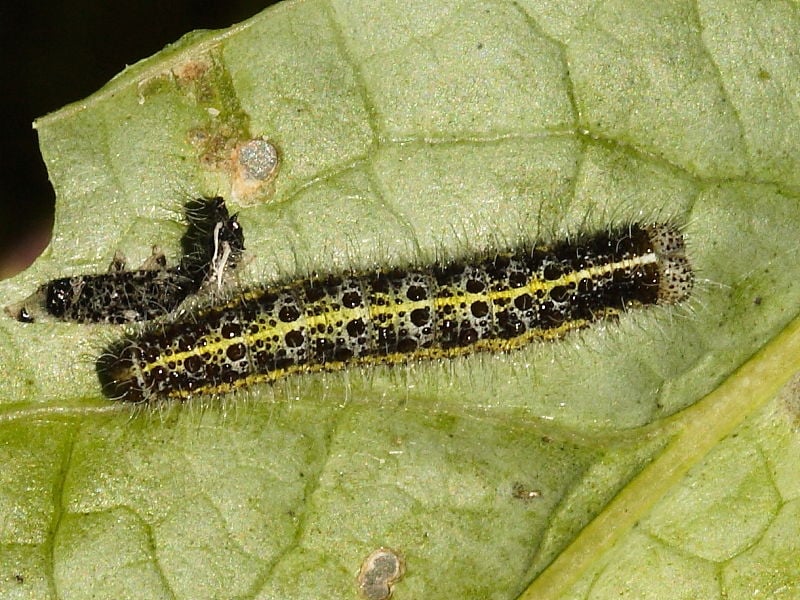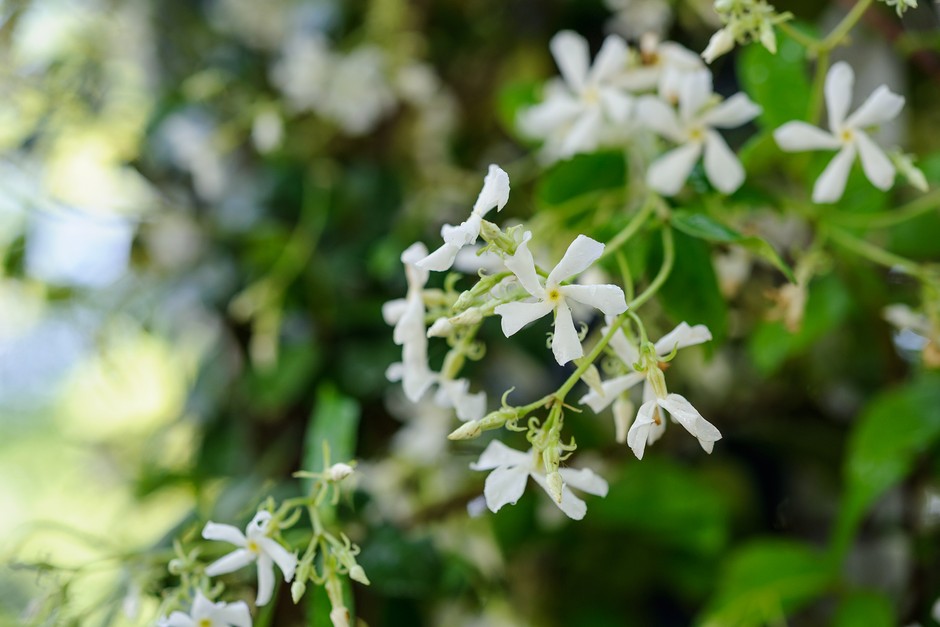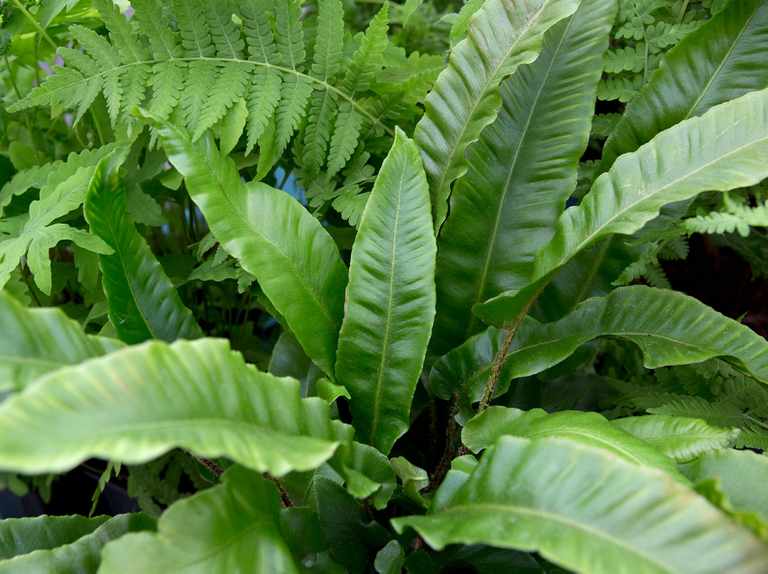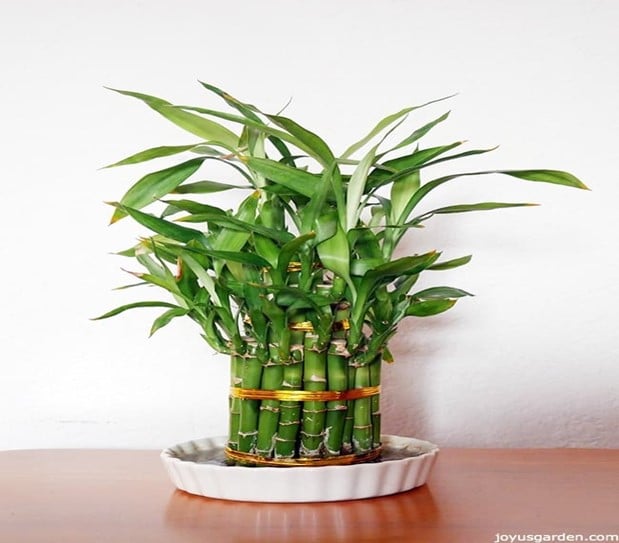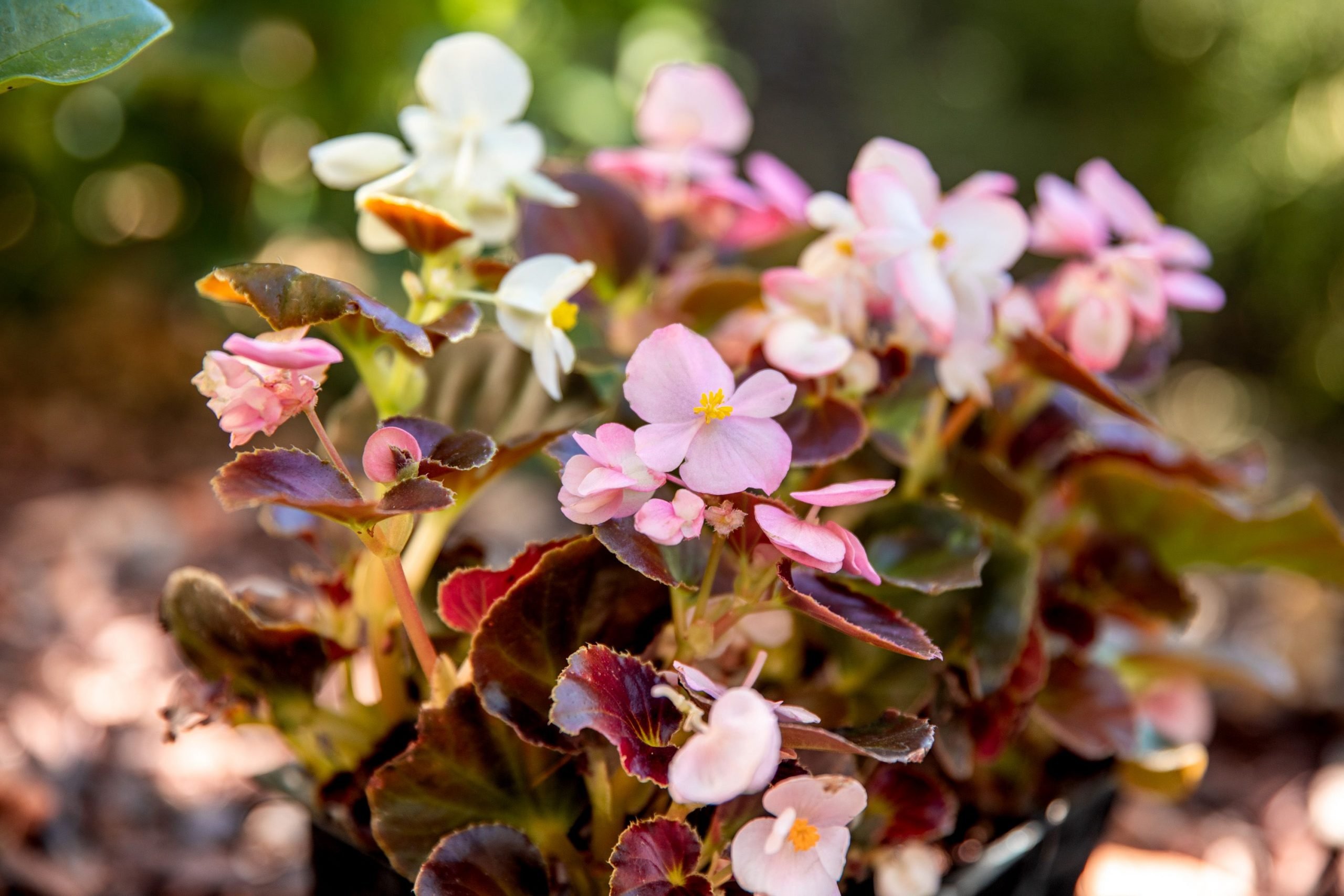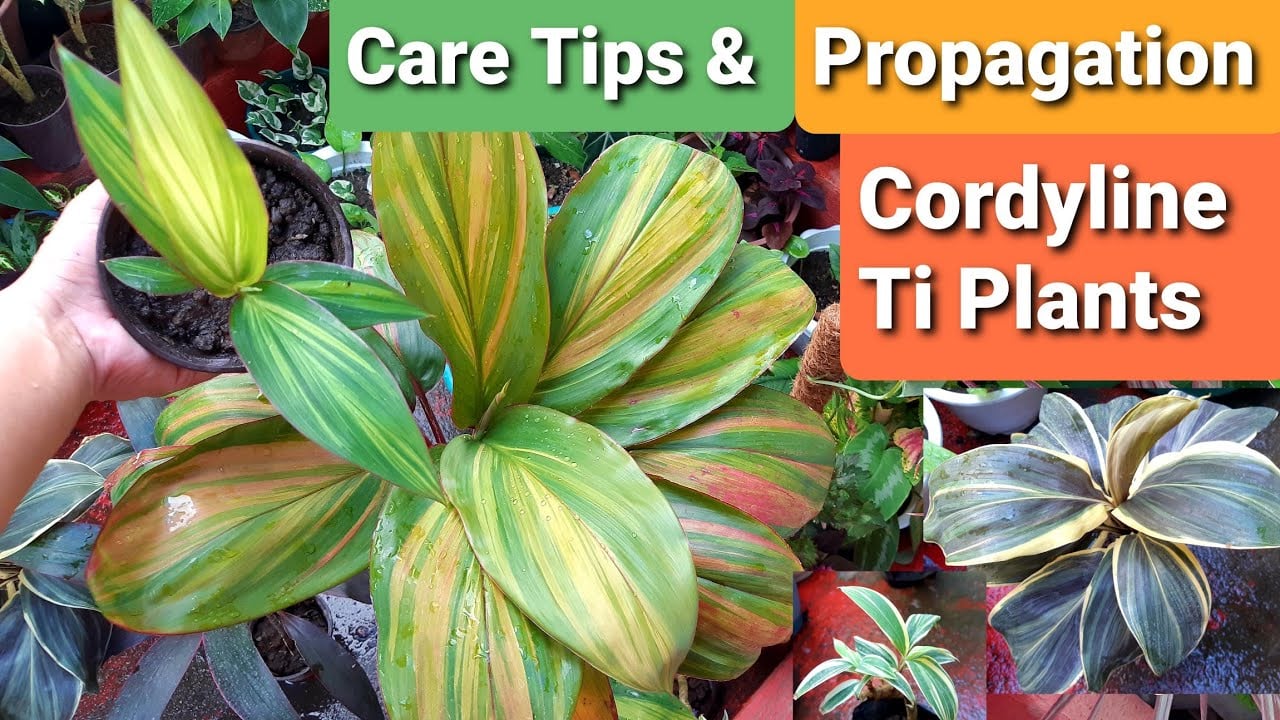Does Black Bug Leave White Spots on Roses?
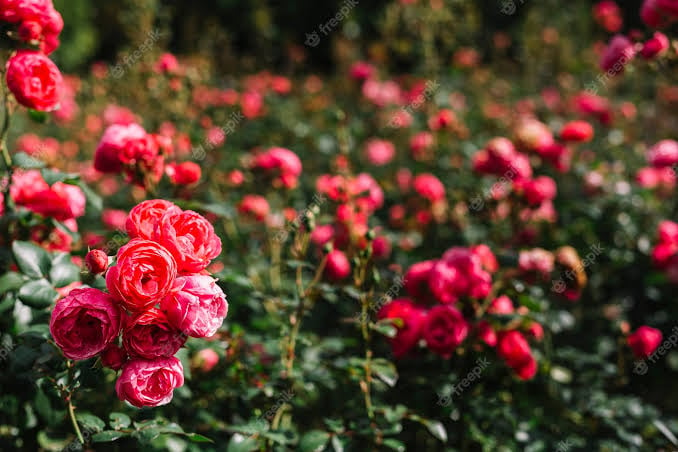
Table of Contents
A garden with your favorite flowers, especially roses, has the charm that can lift your mood every day. Fresh leaves and all those gorgeous colors available in roses are a perfect way to enhance the charm of your home and make it more lively.
However, the beauty comes at its cost. Maintaining a garden full of flowers does not come as easy as it appears. There are precautions that you have to take and become handy with solutions to fix any issue, such as homemade remedies for black spots in roses.
Worry not, as taking care of your garden is not rocket science; once you understand the fundamentals, you can surely maintain the prettiest garden in your locality.
Are you noticing discoloration or unclear colors on the leaves and petals of your rose plant? If yes, then this might be a problem of a bug attack, which is common in rose plants.
What are Those White Spots on Roses in Your Garden?
The first step towards fixing a problem is understanding it. When you notice white spots, discoloration, and unclear appearance on your rose plant, the first thing that pops up in your mind is- O god! This is a bug attack.
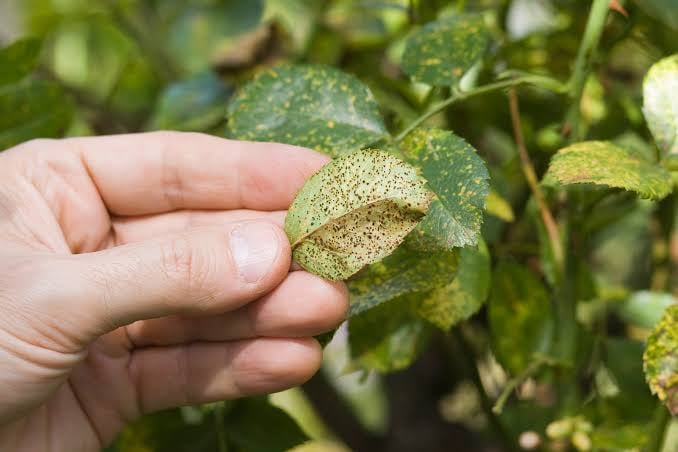
A bug attack looks like faded and unclear white spots on the leaf that take away the natural charm. You do not have to worry, as bug attacks are easily treatable, and you can save your plant from dying with homemade remedies for black spots on roses.
Identifying Bug Attacks on Roses
While roses continue to be the favorite species for home gardens, they also are an attractive home for different types of pests that can take their life away.
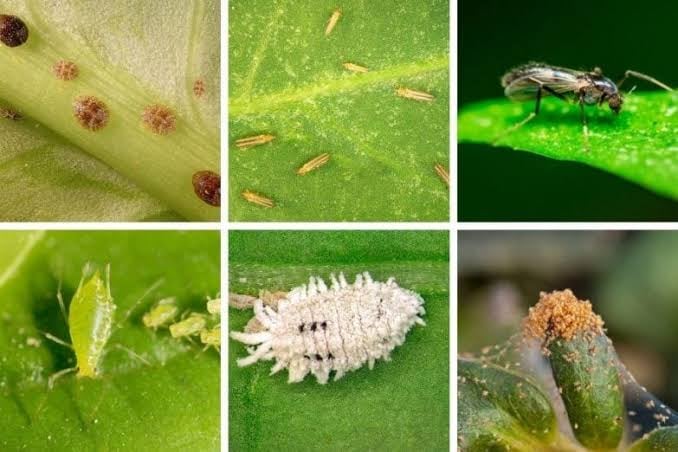
If your rose plant is slowly dying out, it might be under attack by these pests.
- Aphids: Identified as the most common pests that attack rose plants, aphids are shaped like little pears and can be of different colors, including red, yellow, and brown. They damage the plant by feeding on the bud and leaf, eventually leading to discoloration.
- Slugs: These are possibly the most harmful pests that destroy the natural charm of your rose plant. They are known for chewing holes in leaves that damage the growth.
- Thrips: These are also known as rose thrips that feed on the stem and suck out cells of plants, leaving them with no life and ability for growth.
While there are hundreds of pests and bugs to attack your rose plant, what ties them together is their attack, resulting in white mildew. Once your plant is attacked, you can notice white spores and spots surfacing on the plant’s leaves. If you notice such changes, now is the time to save your plant baby from dying out.
Remedies for Black Spots on Roses
Treating your plant baby with adequate nutrition and additional precaution can easily help you prune bugs and pest attacks. If you are a new plant parent, you can follow these easy steps for effective results-
1. Pruning
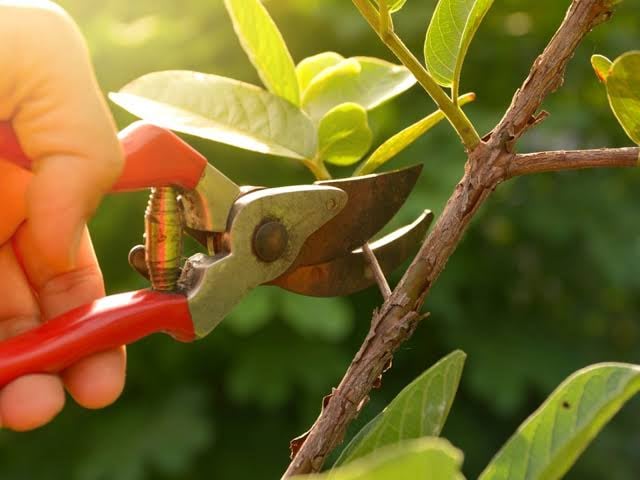
The easiest way forward is by pruning your plant. In simple words, this means that you have to identify and cut infected plants to prevent the attack from spreading any further. Pruning works best when you identify the attack at an early stage. However, you can always cut the rose bush and wait for your plant baby to grow back.
2. Oil

Oiling works both as a measure to treat and as a precaution to protect your rose plant. All you have to do is mix drops of neem oil with water and spray the solution all over the plant. Neem has amazing antibacterial elements and is an easily available pesticide for your plants.
3. Mulch
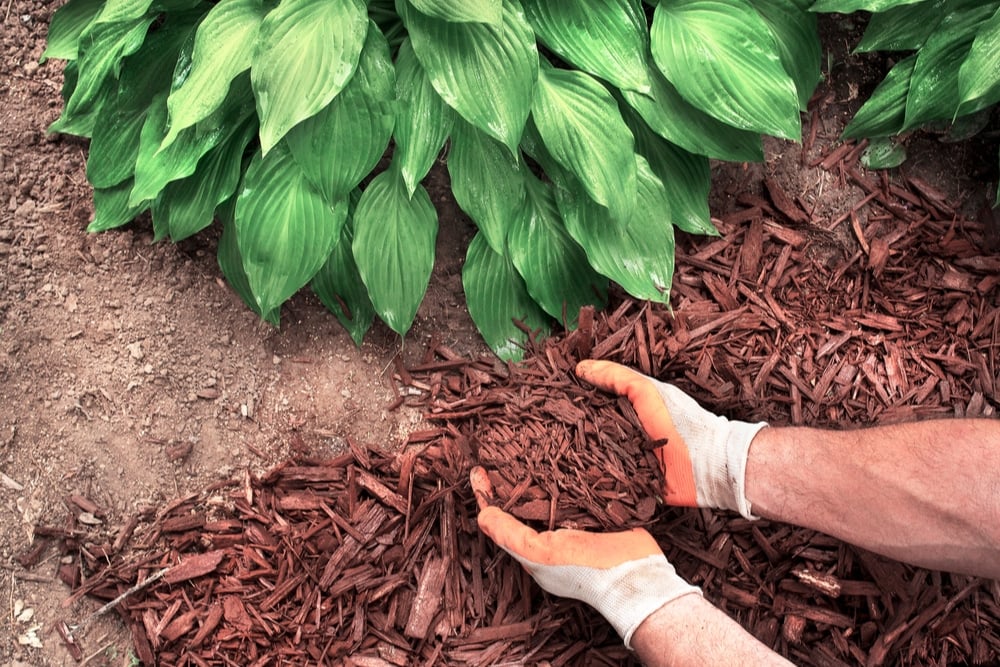
Mulch is as effective as oiling and is a perfect choice if you observe the soil to be affected. Mulch prevents the soil from entering the whole plant and eventually kills the spread of pests attacking right at the base.
4. Homemade Remedy for Black Spots on Roses
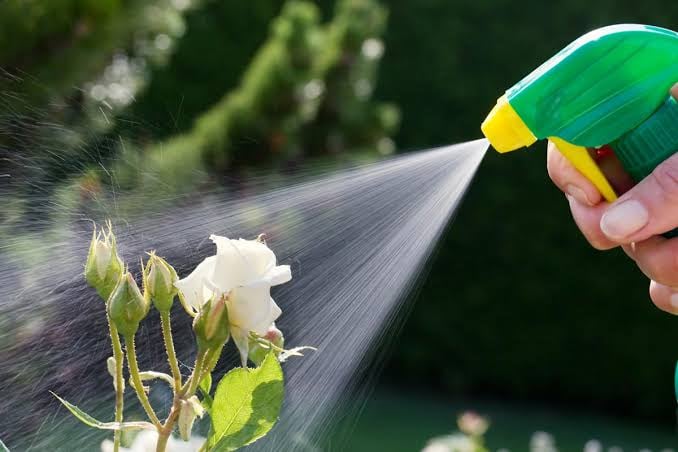
Believing in these homemade remedies for nurturing plants has never gone wrong.
- Baking soda: Prepare a baking soda spray by mixing a tablespoon of baking soda with water and a dash of liquid soap. Spray the mixture around the plant, and you will notice results.
- Milk: This might come as a shock to you, but gently applying milk to affected areas of the plant can have magical results within 2-3 days.
- Vinegar: Homemade remedies are not complete unless you have added a vinegar spray. For effective and instant results, mix vinegar with baking soda, water, liquid soap, and neem oil. Use the spray on your plants once a day.
5. Organic Pesticides
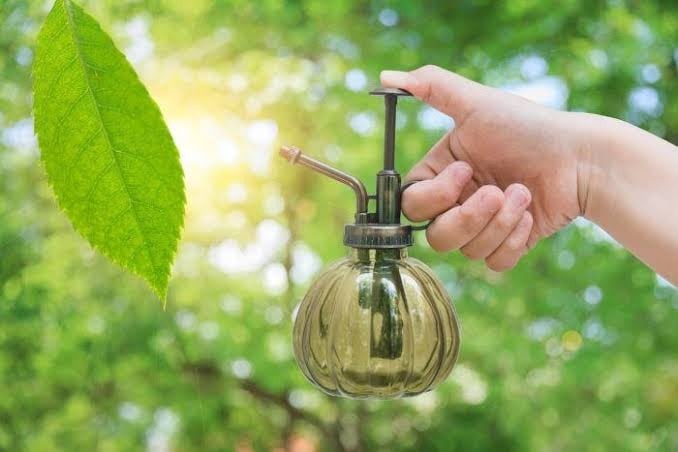
Organic pesticides are easily available, and these are not harsh. Using chemicals on your plant to treat pest attacks is never a good step. Pick neem-based pesticides for better results.
Round Up!
Rose plants are timeless beauty, and nothing enhances the charm and peace of your home as they do. All you have to do is take a few precautionary steps and stay vigilant about the changes in your plant to create the garden of your dreams.
As a plant parent, you must keep these tips in mind for the healthier growth of your plants. Observe your plants every day as they tend to shift appearances to tell you about any attacks. Secondly, treat your plants with care in the form of making organic choices and staying away from chemicals as much as you Lastly, timelypruning is the holy grail for a healthy and happy garden.

